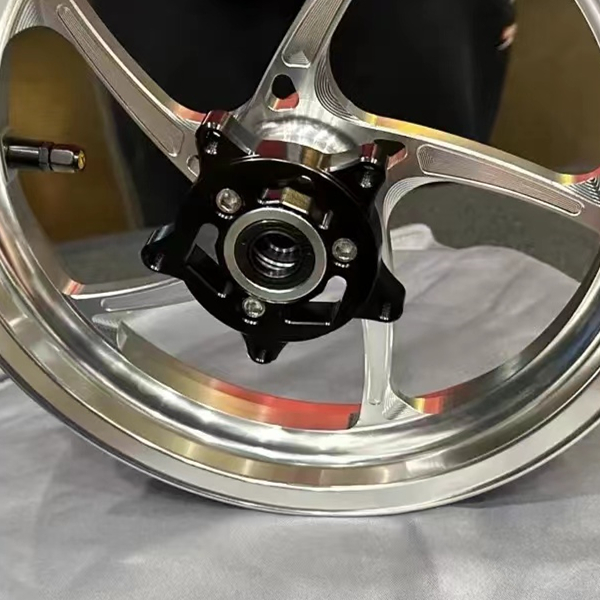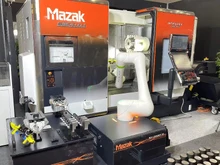Create by Falcon MFG Engineering Team 2025/03/22
From Formula 1 race cars to electric vehicles (EVs), wheels are no longer just functional components—they’re engineering marvels that demand precision, durability, and aesthetic excellence. At Falcon CNC Machining, we leverage cutting-edge 5-axis CNC technology to craft wheels that push the boundaries of performance. In this deep dive, we’ll explore the latest advancements, materials, and applications shaping the future of CNC-machined wheels.
1. Precision Engineering for Modern Wheels
Why CNC Machining Dominates Wheel Production
CNC machining has become the gold standard for wheel manufacturing due to its ability to achieve tolerances as tight as ±0.002 mm 9. This precision is critical for:
Balancing: Reducing vibrations at high speeds (e.g., EV wheels spinning at 10,000 RPM).
Weight Reduction: Optimizing spoke designs to shave grams without compromising strength.
Customization: Crafting bespoke offsets, bolt patterns, and concave profiles for luxury or racing applications.
For instance, Mastars uses German HERMLE 5-axis CNC machines to produce wheels with complex geometries, ensuring seamless integration with brake calipers and suspension systems 9.

2. Material Innovations in Wheel Manufacturing
Beyond Aluminum: Advanced Alloys and Composites
Modern wheels require materials that balance strength, weight, and heat resistance:
Forged Aluminum: 30% lighter than cast wheels, ideal for high-performance vehicles.
Magnesium Alloys: Used in aerospace-grade wheels for extreme weight savings (e.g., helicopters, drones).
Carbon Fiber Hybrids: Combining CNC-machined hubs with carbon fiber rims for luxury supercars.
Autodesk Fusion’s CAM software enables precise toolpaths for these materials, minimizing tool wear and ensuring consistent finishes.

3. 5-Axis CNC Machining: The Game Changer
Complex Geometries Made Simple
5-axis CNC machines like the Hermle C62 excel at producing intricate wheel designs in a single setup:
Deep Concave Profiles: Achieve aggressive offsets without secondary operations.
Integrated Cooling Channels: Machine internal ducts for brake cooling in racing wheels.
Surface Finishes: Mirror-polished or matte textures directly from the machine.
A recent project for a European hypercar involved machining magnesium wheels with 0.005mm runout, critical for handling at 250+ mph 9.
4. Industry Applications
Where Precision Matters Most
Automotive
EV Wheels: Reduced unsprung mass to extend battery range.
Custom Off-Road Wheels: Machined beadlock rings for extreme terrain.
Racing
Monoblock CNC Wheels: Single-piece designs for maximum rigidity.
5. Sustainability in Wheel Production
Eco-Friendly Practices
MQL (Minimum Quantity Lubrication): Reduces coolant waste by 90% during machining.
Recycled Aluminum: Post-consumer scrap reused for premium wheel lines.
6. The Future: AI-Driven Wheel Design
Generative design tools in software like Autodesk Fusion are revolutionizing prototyping:
AI-Optimized Spokes: Algorithms create lattice structures that reduce weight by 40% while maintaining strength.
Real-Time Simulation: Test virtual wheels under extreme loads (e.g., pothole impacts) before machining.
Why Choose Falcon CNC for Wheel Machining?
Certified Precision: AS9100D (aerospace) and IATF 16949 (automotive) compliant.
End-to-End Solutions: From CAD design (view our 5-axis capabilities) to surface treatments.
Rapid Turnaround: Prototypes in 5 days, mass production in 15 days.
Ready to Elevate Your Wheel Designs?
�� Email: project@falconcncmachining.com